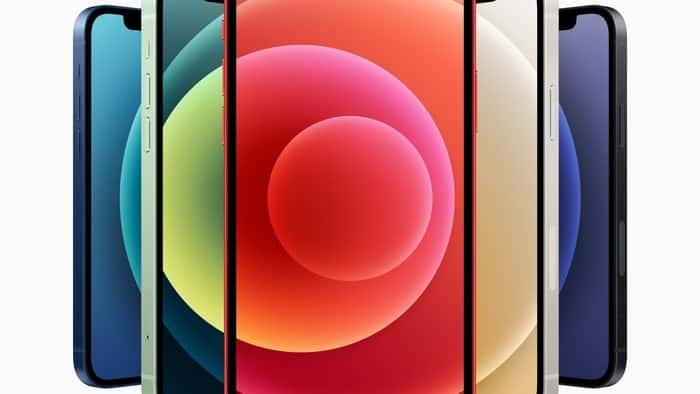This article was originally published on Fool.com. All figures quoted in US dollars unless otherwise stated.
Apple's (NASDAQ: AAPL) App Store has been under pressure to make some changes around payments, and it's finally giving some apps a break. Starting next year, Apple will allow what it calls "reader" apps like Netflix and Spotify to bypass Apple's payment system and direct users to their own websites for payment.
The move was prompted by a ruling from the Japan Fair Trade Commission, but it'll apply worldwide. It also follows a new South Korean law passed in August requiring Apple to offer alternative payment options in the App Store.
Here's how the change will impact Apple investors.
Small source of revenue, big profits
The App Store generated less than $20 billion in net revenue for Apple in 2020. The company takes a maximum 30% commission on App Store purchases, which totaled $64 billion worldwide last year.
In total, App Store sales account for less than 7% of Apple's total revenue. However, the operating profit margin on the business is extraordinarily high. It was 78% in 2019, and that number's only expanding as the business scales, according to testimony and documents provided in Epic Games' lawsuit against Apple. For comparison, Apple's overall operating profit margin in 2020 was 24%.
While the App Store counts for a single-digit percentage of revenue, it may account for over 20% of Apple's total operating income. So, investors need to pay close attention to how any changes to its policies will impact the business.
What exactly is changing
Starting in early 2022, Apple will allow "reader" apps to direct users to their own website to sign up for a subscription instead of requiring users to subscribe in-app. Apple defines reader apps as those that "provide previously purchased content or content subscriptions for digital magazines, newspapers, books, audio, music, and video."
What's notable is that subscriptions have become a growing business within the App Store. As of the end of the third quarter, Apple counted more than 700 million paid subscriptions across all of its services, which also includes Apple's first-party services like Apple Music and iCloud. That's up 150 million from the same time last year, CFO Luca Maestri said on Apple's third-quarter earnings call.
But, it's unlikely anything is going to happen to those subscriptions. Apple will continue to collect a monthly commission on existing subscriptions.
Furthermore, the impact on subscription revenue going forward could be muted as well. The biggest subscription services, like Netflix and Spotify, currently don't allow users to sign up directly in their iOS apps. Now, at least, they'll be able to direct new users who approach them through their iOS apps to sign up on their websites.
While subscriptions account for a significant portion of App Store sales, the change probably won't have a drastic impact on revenue growth.
So, what's the big deal?
Apple's decision to extend the Japanese Commission's ruling globally is something of a pre-emptive strike. Apple is under increasing regulatory pressure in the U.S. with regard to its App Store policies. By making a move in favor of developers without having a big impact on its growth, Apple may be able to ease some of that pressure.
In other words, Apple would rather decide on the concessions it makes to developers instead of letting lawmakers and regulators decide, as they have in Japan and South Korea. If Apple can appease governments and courts, it can minimize the negative impact on its business.
In that light, Apple's decision to let reader apps bypass its in-app payment system is a positive move for the shareholders of the FAANG stock, even if it means Apple forgoing a little bit of revenue.
This article was originally published on Fool.com. All figures quoted in US dollars unless otherwise stated.









